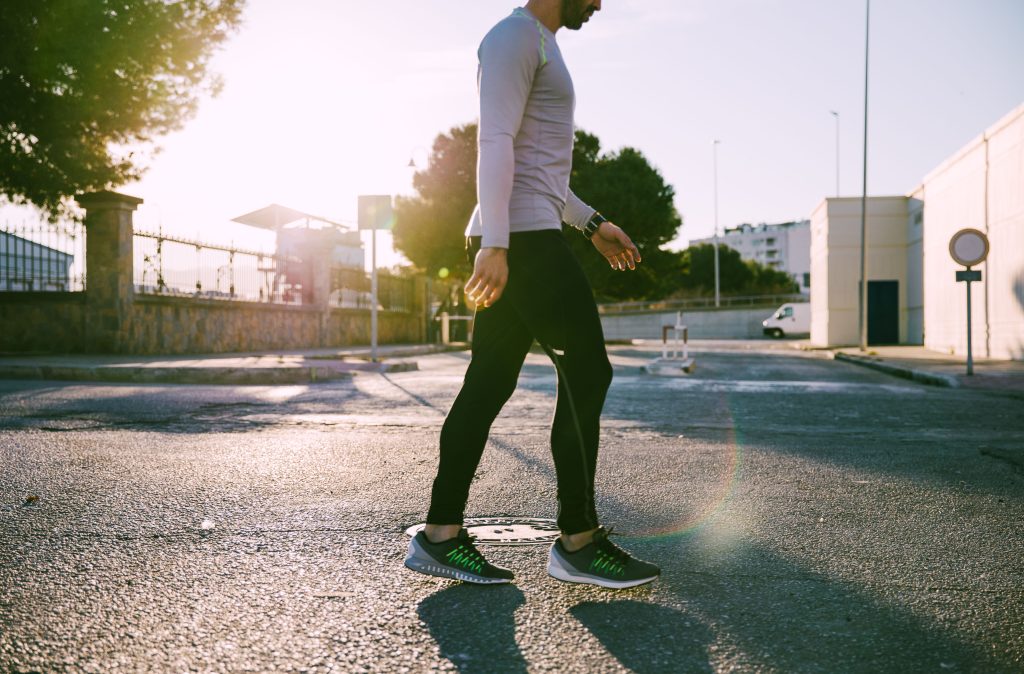Discover why long walks often solve unstructured problems and transform your approach to complex thinking, creativity, and well-being. Across personal and professional domains, more people now recognize that walking isn’t just exercise—it’s a tool for mental clarity and insight.

The Power of Walking for Mental Work
Walking Enhances Creative Output
Groundbreaking research highlights that walking boosts divergent thinking—the ability to generate novel ideas—by up to 60%, whether on a treadmill or outdoors. The increase occurs both during and shortly after walking sessions, compared to sitting.
Brains in Motion: Neurological Effects
Physical movement increases blood flow, oxygen, and neurotransmitter activity in the brain. Such changes stimulate the hippocampus and prefrontal cortex, enhancing memory, problem-solving, and mental flexibility .
Incubation Effect: Walk Away to Think
Stepping away from an unresolved problem—what psychologists call the incubation stage—lets unconscious processing do its work. Walking provides the ideal low-effort mental space for this to happen .
Emerging Trends in Walk-Based Problem-Solving
-
Walking Meetings are becoming more common in corporate settings, praised for stimulating creativity and improving focus.
-
Nature Walks and Cognitive Boosts: Green environments magnify creativity and memory recovery, far beyond urban strolls .
-
Short Exercise Breaks (even under 10 minutes) have proven effective for unlocking ideation—no gym required.
A Practical Guide: Walking Your Way to Solutions
1. Define Your Problem Before You Walk
Spend one focused minute outlining the issue—define goals or brainstorm a list. This sets up your mind to roam productively.
2. Choose the Right Walk Duration
Short walks (5–16 minutes) can spark creativity. For deeper insight, aim for 30–60 minutes. A nature route may enhance clarity, but even indoor treadmill strolls work.
3. Let Your Mind Wander
Resist checking phone or mental to-do lists. Allow thoughts to float—this fosters both incubation and spontaneous connections.
4. Return with Reflection
After your walk, spend 5–10 minutes jotting down any emergent ideas or solutions. Comparing thoughts before and after validates which ones came from the walk.
5. Repeat Regularly
Meetings, writing blocks, and tough decisions are ideal times for a walk-and-return cycle. Consistency builds long-term habits of creative recovery.
Real-World Examples
-
Steve Jobs famously held walking meetings, tapping details and big ideas while in motion.
-
Stanford study participants consistently returned with double the number of novel uses for objects after walking.
-
A Guardian feature noted that even short bursts of movement—stair climbing to gentle hikes—enhanced creative thinking among participants .
Common Objections & Reframing
“I don’t have time for long walks.”
Even a 10-minute break primes your brain—small change builds momentum.
“I can’t walk far at work.”
Try hallway loops, stairs, or indoor treadmill time. It’s about motion, not distance.
“I need focus, not wander.”
Use walking to switch modes: approach later with renewed clarity. For targeted focus, return to desk recharged.
Summary of Benefits
| Brain Benefit | How Walking Helps |
|---|---|
| Divergent creativity | Generates more novel ideas during and post-walk |
| Unconscious problem-solving | Incubation boosts insight without active thinking |
| Stress relief + clarity | Movement reduces cortisol and mental clutter |
| Focus replenishment | Walks reset attention for focused tasks afterward |
Conclusion
Understanding why long walks often solve unstructured problems equips you with a simple yet powerful wellness tool. Backed by science, walking acts as mobile incubation, unlocks creativity, and sharpens cognitive performance. If you’re facing a vague or unresolved challenge, step outside—literal or metaphorical steps can lead to powerful breakthroughs.
References
- Stanford News (2014). Study finds walking improves creativity. Retrieved from https://news.stanford.edu
- Psychology Today (2019). Taking a Walk Will Boost Your Creativity and Problem‑Solving. Retrieved from https://www.psychologytoday.com
- Chong Chen et al. (2024). Exploring the impact of acute physical activity on creative thinking. Discover Psychology. Retrieved from https://link.springer.com









